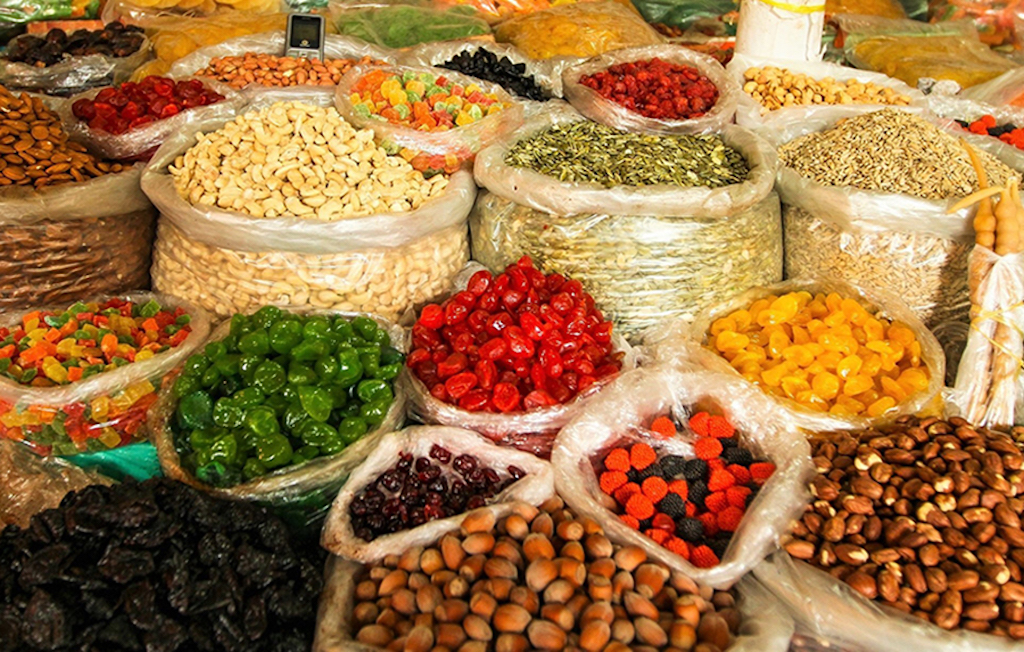
The United Nations Children’s Fund (UNICEF) has said that some 25 million Nigerians are at risk of “severe hunger” in 2023.
In a statement, UNICEF warned that the situation may worsen if “concrete steps” are not taken to address the issue.
“Nearly 25 million Nigerians are at risk of facing hunger between June and August 2023 if urgent action is not taken, according to the October 2022 Cadre Harmonisé, a Government led and UN-supported food and nutrition analysis carried out twice a year,”. The statement said.
The statement attributed the case to conflicts, climate change, inflation, and rising food prices.
“Children are the most vulnerable to food insecurity. Approximately six of the 17 million food-insecure Nigerians today are children under five living in Borno, Adamawa, Yobe, Sokoto, Katsina, and Zamfara states,” it continued.
“There is a serious risk of mortality among children attributed to acute malnutrition. In the BAY states alone, the number of children suffering from acute malnutrition is expected to increase from 1.74 million in 2022 to 2 million in 2023.”
It also described the situation as “seriously concerning”.
According to UN Resident and Humanitarian Coordinator for Nigeria, Matthias Schmale, the Nigerian government must “swing into action immediately” to address the situation.
“The food security and nutrition situation across Nigeria is deeply concerning,” Mr Schmale said.
“I have visited nutrition stabilisation centres filled with children who are fighting to stay alive. We must act now to ensure they and others get the lifesaving support they need,” he added.
The statement also called on Nigerian Governors, donor agencies and other key stakeholders to “devote resources and implement mitigation measures” to prevent what it described as a “potentially catastrophic food security and nutrition situation”.
RN